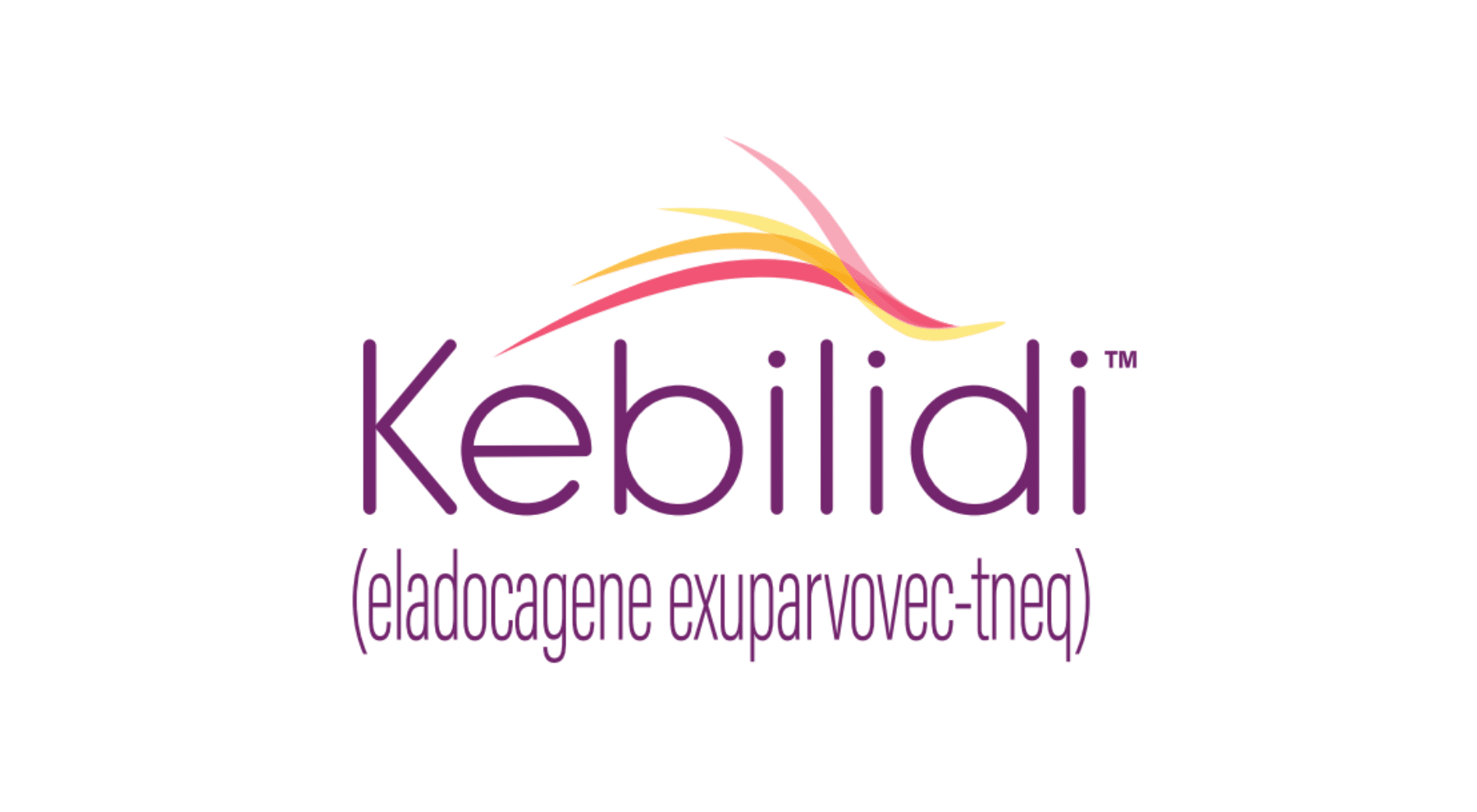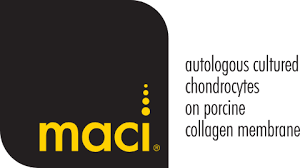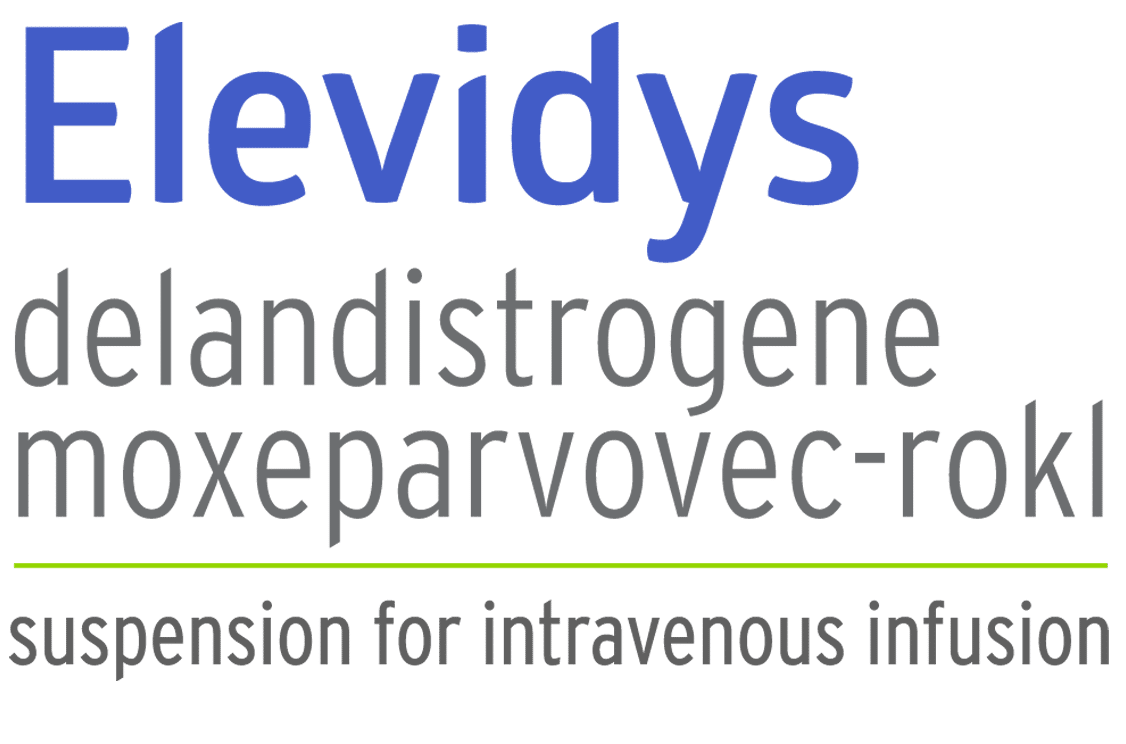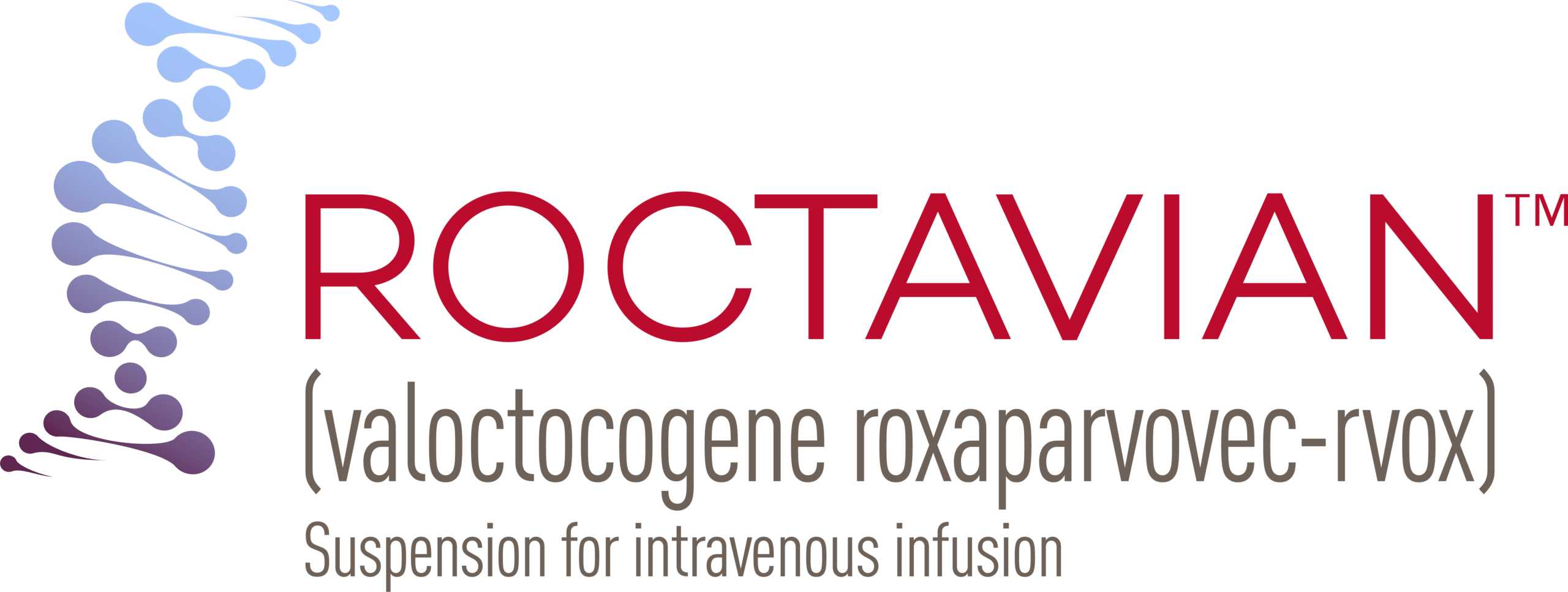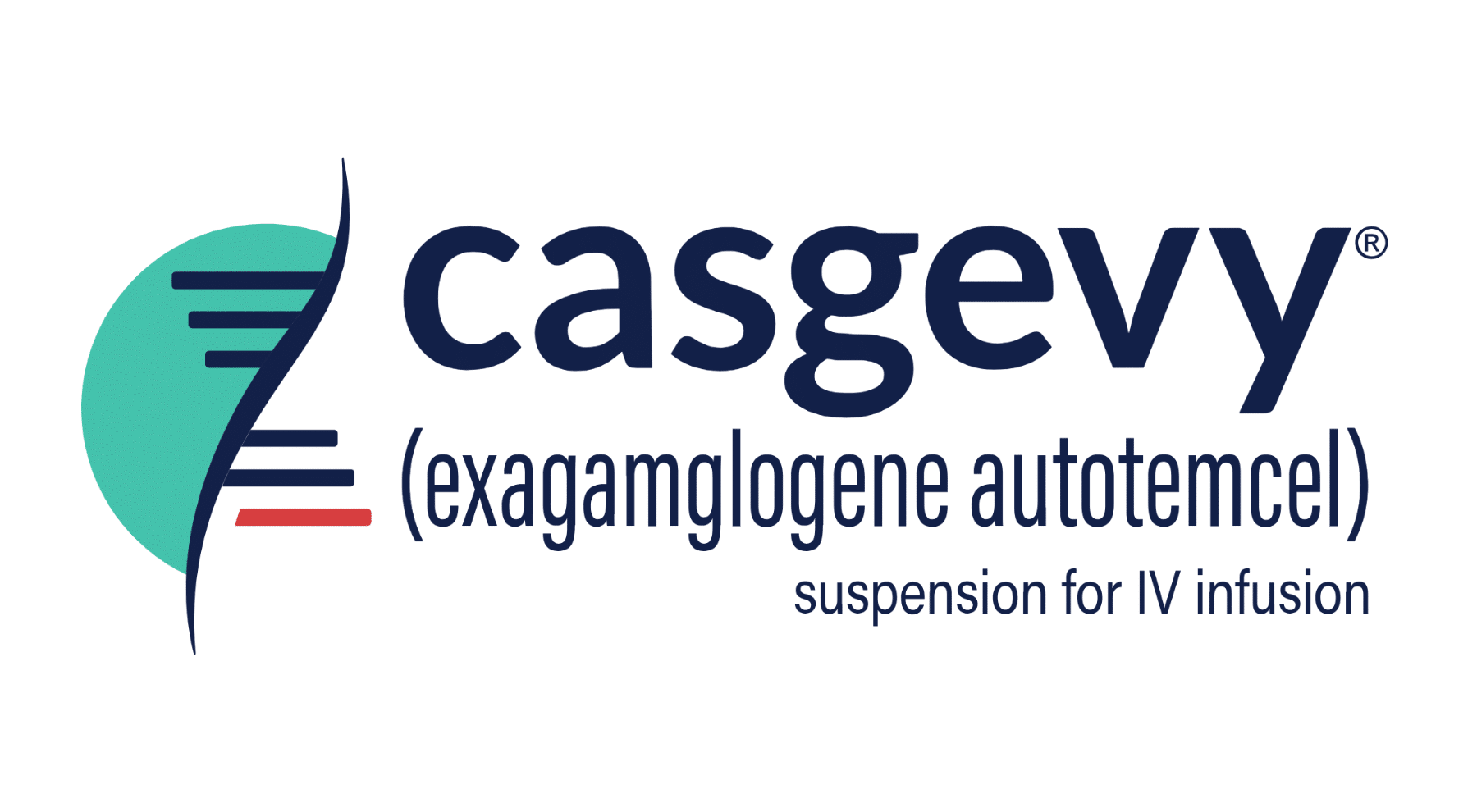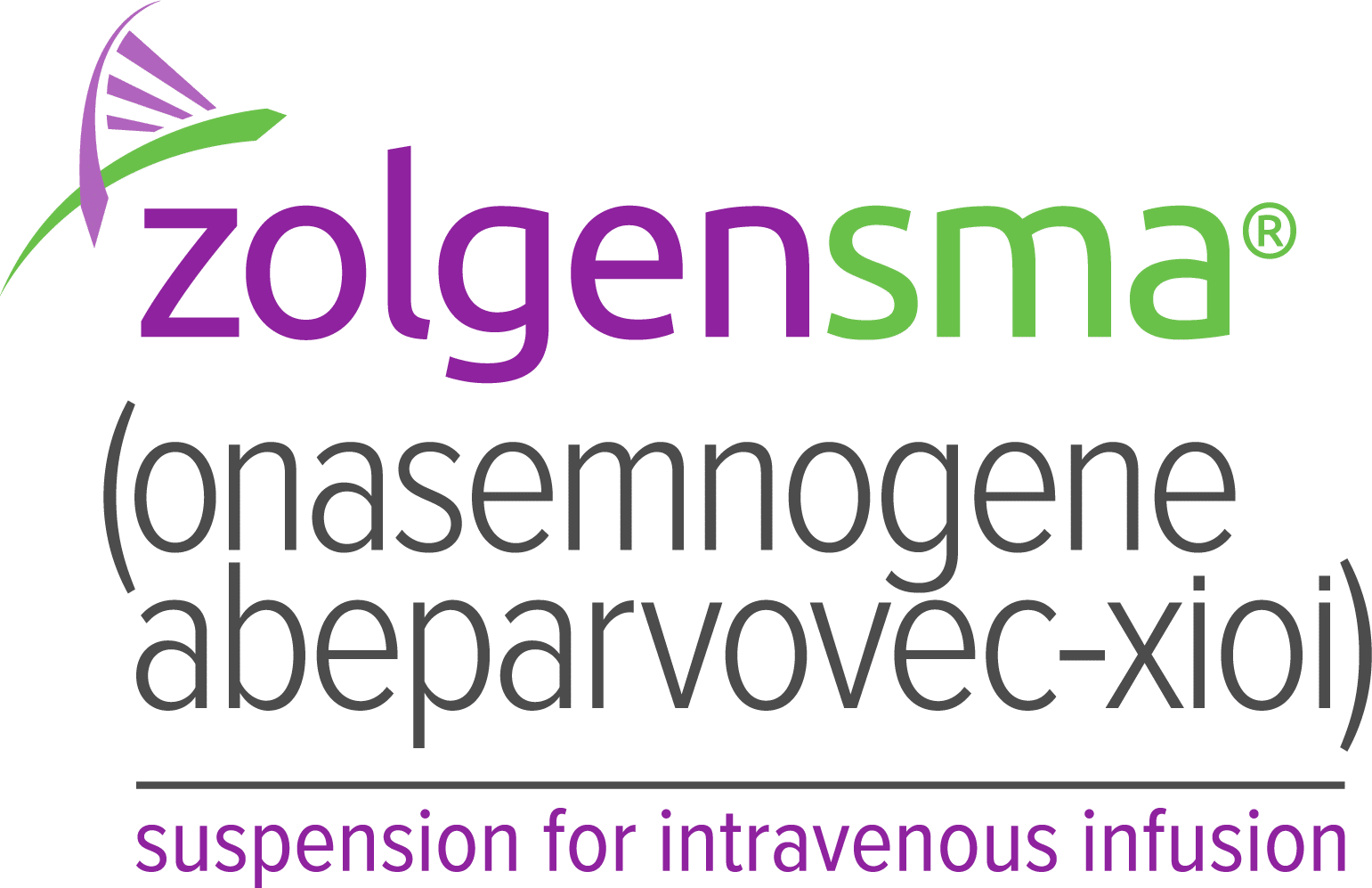| Full Name | KEBILIDI™ (eladocagene exuparvovec-tneq) |
| Drug | Kebilidi |
| Manufacturer | PTC Therapeutics, Inc. |
| Route of Administration | Intraputaminal |
| Site of Care | Healthcare facility |
| Approved Indication | Indicated for the treatment of adult and pediatric patients with aromatic 13 L-amino acid decarboxylase (AADC) deficiency |
| Disease | Aromatic L-amino acid decarboxylase (AADC) deficiency |
| Therapeutic Area | Neurology, Genetics, Cell & Gene Therapy |
| Enrollment Form Link | Enrollment Form |
| Phone Number | 888-221-3495 |
| Fax Number | 877-810-7806 |
| Product Website | kebilidi.com |

